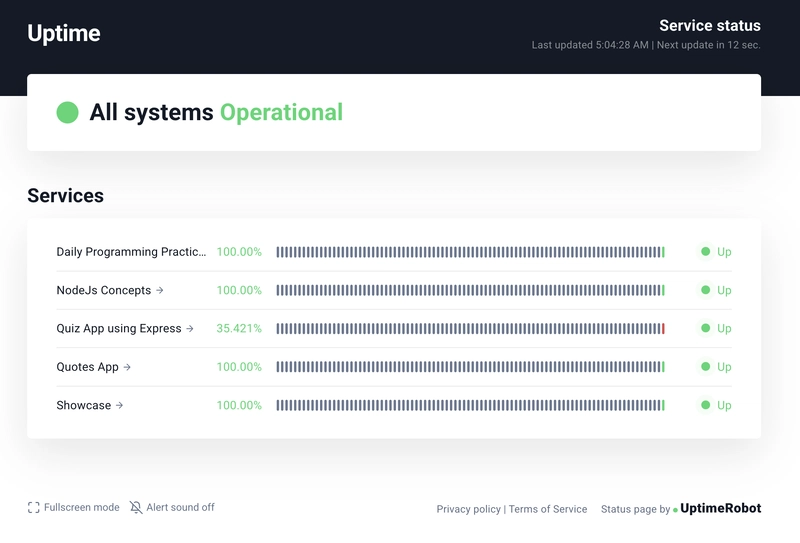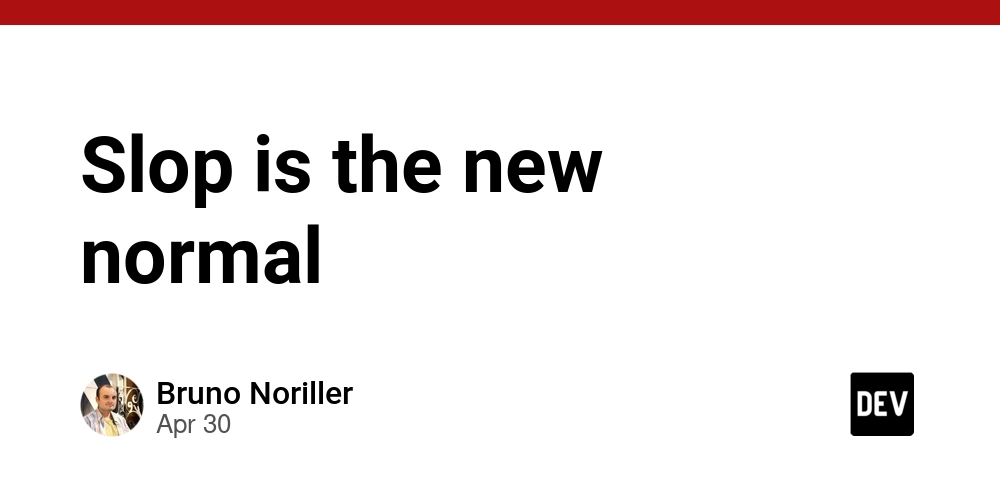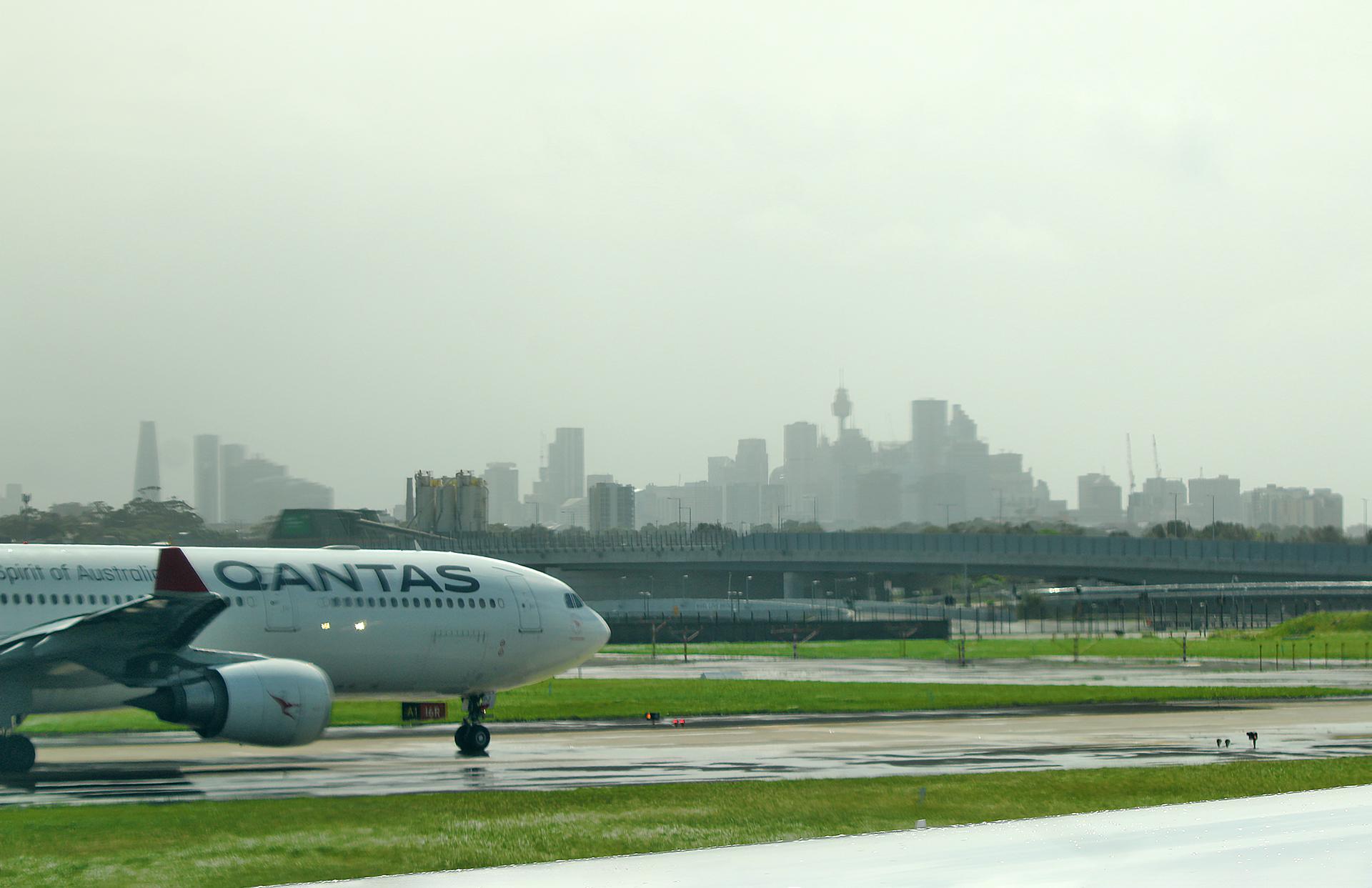Trump threatens to veto Senate resolution blocking tariffs
President Trump on Monday threatened to veto a Senate resolution aimed at thwarting his imposition of tariffs on a host of countries. In a statement of administration policy obtained by The Hill, the Office of Management and Budget said Trump would veto the resolution introduced by Sen. Ron Wyden (D-Ore.) because it “would undermine the...

President Trump on Monday threatened to veto a Senate resolution aimed at thwarting his imposition of tariffs on a host of countries.
In a statement of administration policy obtained by The Hill, the Office of Management and Budget said Trump would veto the resolution introduced by Sen. Ron Wyden (D-Ore.) because it “would undermine the Administration’s efforts to address the unusual and extraordinary threats to national security and economic stability” posed by the trade deficit.
Wyden, the top Democrat on the Senate Finance Committee, introduced the resolution earlier this month as a way for Congress to step in and rein in Trump on trade.
A Senate vote on the legislation is expected by the end of the week and could happen as early as Wednesday.
The Wyden bill would reverse Trump’s 10 percent tariffs on all imported goods, and prevent him from imposing additional tariffs up to 49 percent on various countries.
Lawmakers from both sides of the aisle have shown support for checking the president’s trade authority in light of Trump’s latest actions that have caused rising recession fears.
Another Senate bill would limit Trump’s ability to impose unilateral tariffs without the approval of Congress; seven Republican senators, including Sen. Chuck Grassley (Iowa), the Senate’s president pro tempore, and Sen. Mitch McConnell (Ky.), the former Senate Republican leader, signed onto it.
Trump imposed sweeping "reciprocal" tariffs on trading partners on April 2, which the White House dubbed “Liberation Day,” in a move that rattled the markets and led to calls from lawmakers and Wall Street to back off.
The president on April 9 paused the hefty tariffs on trading partners for 90 days, keeping 10 percent tariffs in place, and raised the tariffs on China to 145 percent total.
Administration officials have been in conversations with trading partners to reach deals on tariffs before the 90 days expire, but no deals have been finalized.











































































